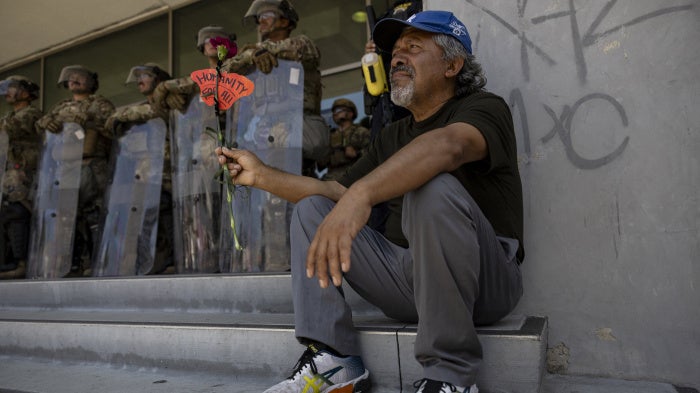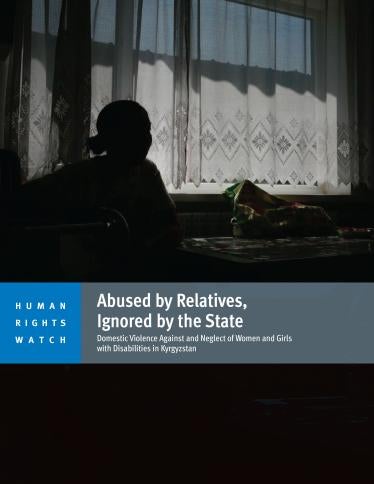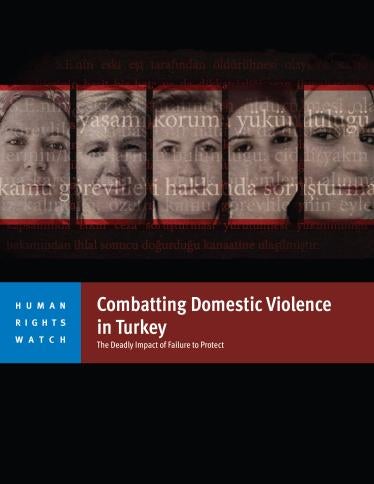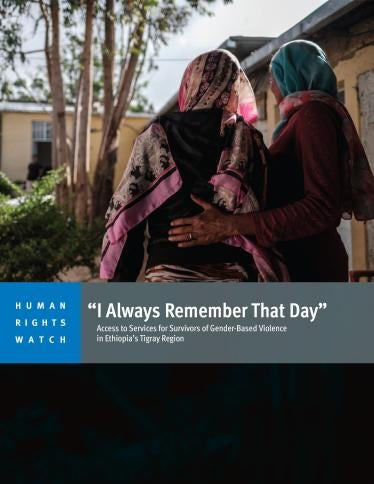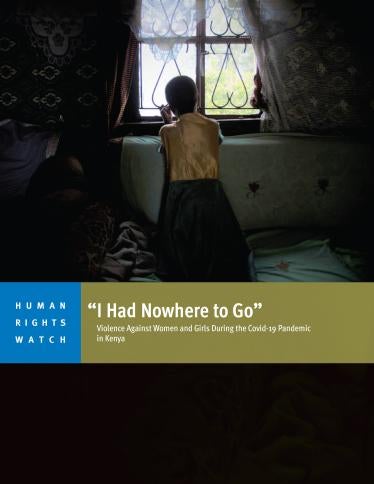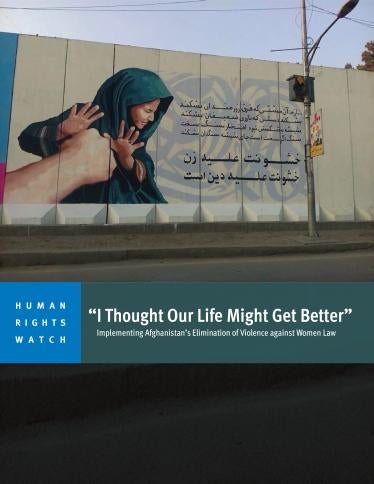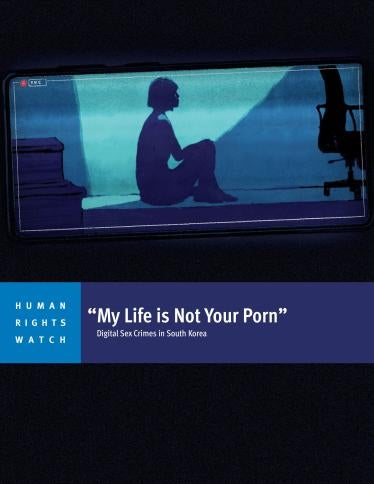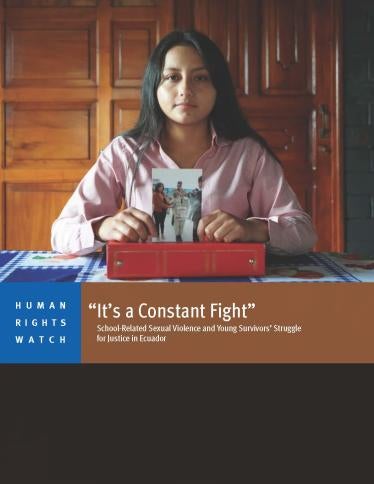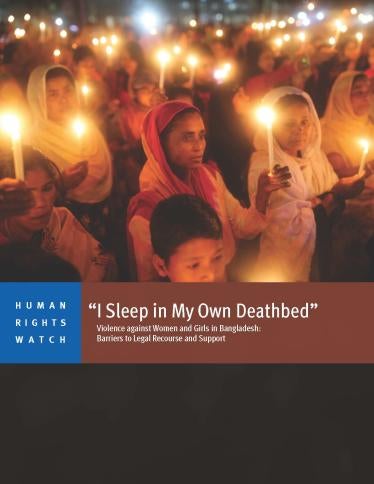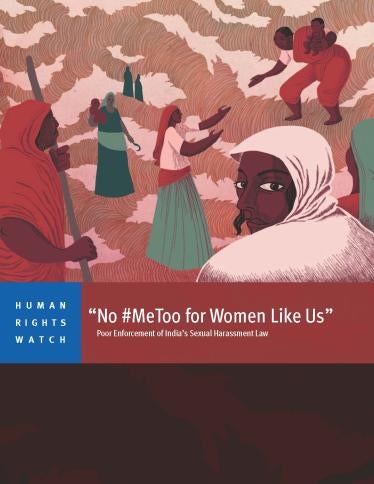“Forced to Give Up on Their Dreams”
Sexual Violence against Girls in Guatemala
The 85-page report, “‘Forced to Give Up on Their Dreams’: Sexual Violence against Girls in Guatemala,” documents the numerous barriers that girls who are survivors of sexual violence face accessing essential health care, education, social security, and justice. Guatemalan law classifies any sexual activity involving a child under 14 as sexual violence. Guatemala’s National Registry of Persons (RENAP) reported that between 2018 and 2024, 14,696 girls under 14 gave birth and became mothers, in many cases against their will.


